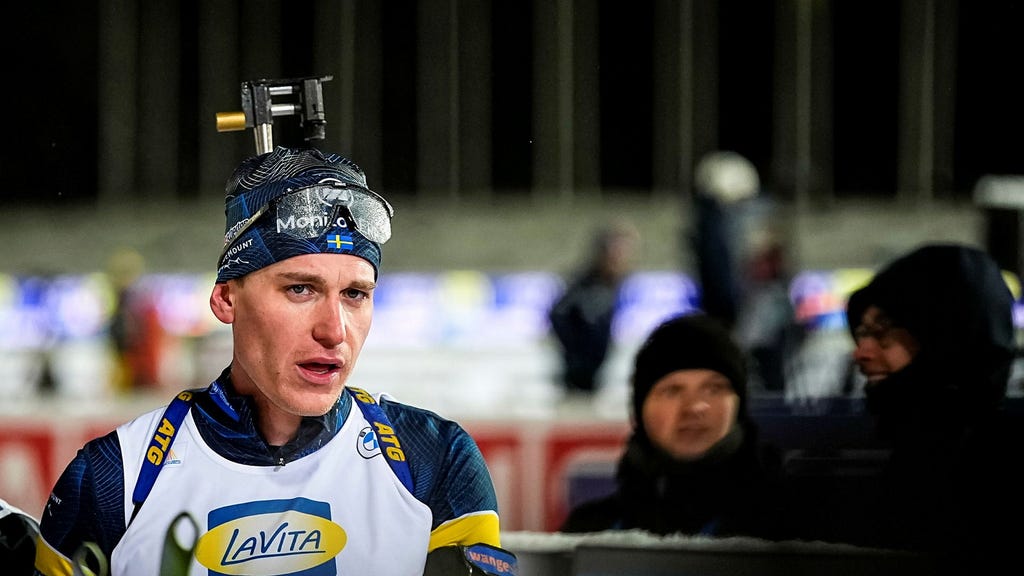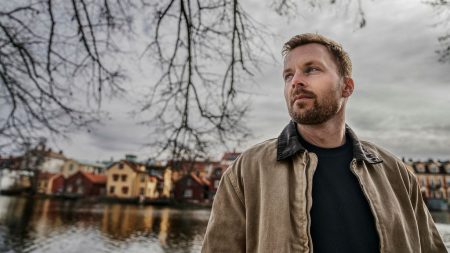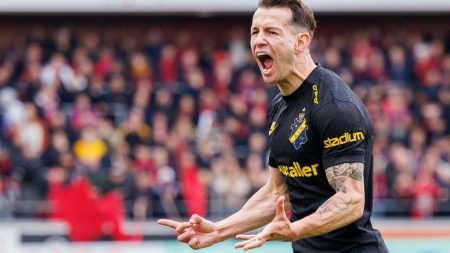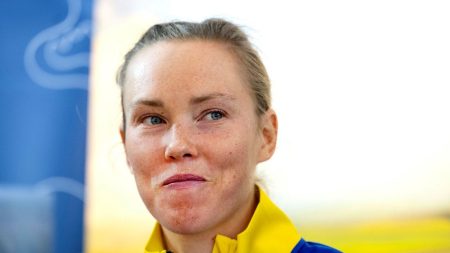Martin Ponsiluoma, the Swedish biathlete, experienced a rollercoaster of emotions during the recent Biathlon World Cup events in Le Grand Bornand, France. After a disappointing sprint race where he finished 58th, Ponsiluoma managed a remarkable comeback in the pursuit, climbing to 19th place. This resurgence, however, proved to be short-lived. In the concluding 15km mass start event, Ponsiluoma’s performance took a dramatic downturn, culminating in a last-place finish. Hampered by ten shooting misses, he finished a staggering 4 minutes and 21.9 seconds behind the race winner, Tarjei Bø of Norway. This disappointing result underscored the volatile nature of biathlon, where even a single poor shooting performance can drastically alter an athlete’s fortunes.
Ponsiluoma’s struggles in the mass start stemmed primarily from his final visit to the shooting range, where he incurred four misses. This disastrous shooting performance effectively dashed any hopes of a respectable finish. He described the race as ”really bad,” acknowledging that he struggled from the outset and never found his rhythm. The four misses in the final shooting bout sealed his fate, leaving him with no chance of recovering. Ponsiluoma expressed his disappointment, stating that he had been feeling prepared for the race and lamented the overall poor performance. His comments reflected the frustration of an athlete who had hoped for a better outcome after his earlier comeback in the pursuit.
While Ponsiluoma grappled with his disappointing finish, Norwegian biathlete Tarjei Bø dominated the mass start, securing the victory ahead of German Danilo Riethmüller and his own brother, Johannes Thingnes Bø. This Norwegian triumph further highlighted Ponsiluoma’s struggles, emphasizing the gulf in performance on the day. For the Swedish team, Sebastian Samuelsson emerged as the top performer, finishing in tenth place despite three shooting misses. Samuelsson’s result provided a small silver lining for the Swedish contingent, demonstrating a degree of consistency despite the team’s overall struggles in the mass start.
Ponsiluoma’s experience in Le Grand Bornand underscored the demanding nature of biathlon, a sport where precision and consistency are paramount. The dramatic swing in his performance, from the impressive comeback in the pursuit to the last-place finish in the mass start, highlighted the fine margins that separate success and failure in this challenging sport. The ability to maintain focus and execute under pressure, particularly on the shooting range, is crucial for success in biathlon. Ponsiluoma’s struggles in the mass start served as a stark reminder of this fundamental principle.
The Biathlon World Cup circuit now enters a brief hiatus for the Christmas and New Year period, providing athletes with an opportunity to rest and regroup before the next round of competitions. The break will allow Ponsiluoma to reflect on his performance in Le Grand Bornand and address the issues that led to his disappointing result in the mass start. He expressed a desire to return home, reset, and prepare for the upcoming competitions in Oberhof, Germany, scheduled for January 9-12. This period of rest and reflection will be crucial for Ponsiluoma to regain his confidence and prepare for the challenges ahead.
The upcoming competitions in Oberhof will provide Ponsiluoma with an opportunity to redeem himself and demonstrate his true potential. He will undoubtedly be looking to put the disappointment of Le Grand Bornand behind him and deliver a stronger performance in Germany. The break in the World Cup schedule provides a valuable opportunity for him to refocus and work on the aspects of his performance that need improvement. The Oberhof races will be a crucial test of his ability to bounce back from adversity and maintain a consistent level of performance throughout the season. The pressure will be on for Ponsiluoma to prove that the mass start in Le Grand Bornand was merely a temporary setback and not indicative of his true capabilities.














